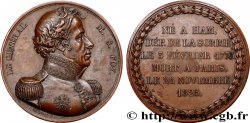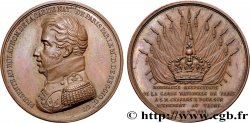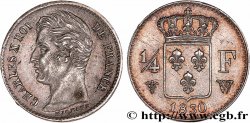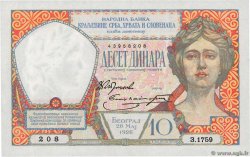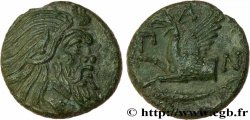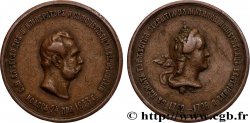Live auction - fme_895919 - CHARLES X Médaille, Conseil d’État, Joseph Jérôme, comte Siméon
You must signin and be an approved bidder to bid, LOGIN TO BID. Accounts are subject to approval and the approval process takes place within 48 hours. Do not wait until the day a sale closes to register. Clicking on "BID" constitutes acceptance of the terms of use of cgb.fr private live auctions.
Bids must be placed in whole Euro amounts only. The sale will start closing at the time stated on the item description; any bids received at the site after the closing time will not be executed. Transmission times may vary and bids could be rejected if you wait until the last second. For further information check the Live auction FAQ
All winning bids are subject to a 18% buyer’s fee.
All winning bids are subject to a 18% buyer’s fee.
| Estimate : | 200 € |
| Price : | 450 € |
| Maximum bid : | 450 € |
| End of the sale : | 13 February 2024 17:01:11 |
| bidders : | 4 bidders |
Type : Médaille, Conseil d’État, Joseph Jérôme, comte Siméon
Date: n.d.
Metal : silver
Diameter : 41 mm
Orientation dies : 12 h.
Engraver MICHAUT Auguste-François (1786-1879)
Weight : 41,47 g.
Edge : lisse
Puncheon : sans poinçon
Coments on the condition:
Patine hétérogène, présentant des frottements dans les champs. Présence de quelques rayures. Beaux reliefs au revers. Quelques petits coups sur la tranche
Obverse
Obverse legend : CHARLES X - ROI DE FRANCE..
Obverse description : Tête nue de profil à droite, signé : MICHAUT..
Reverse
Reverse legend : CONSEIL D’ETAT / - / LE BARON / SIMEON.
Reverse description : Légende en 3 lignes dans une couronne de chêne, sommée d’une couronne. Signé : BARRE.
Commentary
La médaille a été remise à Joseph Jérôme, comte Siméon (1749-1842). Né à Aix-en-Provence, il deviendra professeur de droit à l’université d’Aix-en-Provence en 1778, assesseur de Provence en 1783, il perd sa chaire sous la Révolution et prend part au mouvement fédéraliste du Midi en 1793.
D’abord réfugié en Italie, puis de retour à Marseille, il sera député au Conseil des Cinq-Cents en 1795. Condamné à la déportation puis prisonnier, il sera libéré lors du coup d'État du 18 brumaire. Refusant sa nomination de préfet de la Marne, il sera nommé tribun et prend part à la préparation du Code civil. Conseiller d'État (1804), il devient membre du conseil de régence en 1807 puis ministre de l'Intérieur et président du Conseil d'État du roi Jérôme de Westphalie.
Il sera ensuite préfet du Nord (1814-1815), il siège aussi à le Chambre des représentants des Cent-Jours, puis à la « Chambre introuvable » à la Seconde Restauration et reprend place au Conseil d’État en 1815. Il sera également ministre de l’Intérieur (1820-1821), pair de France à partir de 1821 et sera le premier président de la Cour des comptes (1837-1839).
The medal was awarded to Joseph Jérôme, Count Siméon (1749-1842). Born in Aix-en-Provence, he became a professor of law at the University of Aix-en-Provence in 1778, assessor of Provence in 1783, he lost his chair during the Revolution and took part in the federalist movement of the South in 1793. First a refugee in Italy, then returning to Marseille, he was a deputy in the Council of Five Hundred in 1795. Sentenced to deportation then prisoner, he was freed during the coup d'état of 18 Brumaire. Refusing his appointment as prefect of the Marne, he was appointed tribune and took part in the preparation of the Civil Code. Councilor of State (1804), he became a member of the Regency Council in 1807 then Minister of the Interior and President of the Council of State of King Jerome of Westphalia. He was then Prefect of the North (1814-1815), he also sat in the Chamber of Representatives of the Hundred Days, then in the \\\"Introuvable Chamber\\\" during the Second Restoration and took his place again in the Council of State in 1815. He was also Minister of the Interior (1820-1821), Peer of France from 1821 and was the first President of the Court of Auditors (1837-1839)
D’abord réfugié en Italie, puis de retour à Marseille, il sera député au Conseil des Cinq-Cents en 1795. Condamné à la déportation puis prisonnier, il sera libéré lors du coup d'État du 18 brumaire. Refusant sa nomination de préfet de la Marne, il sera nommé tribun et prend part à la préparation du Code civil. Conseiller d'État (1804), il devient membre du conseil de régence en 1807 puis ministre de l'Intérieur et président du Conseil d'État du roi Jérôme de Westphalie.
Il sera ensuite préfet du Nord (1814-1815), il siège aussi à le Chambre des représentants des Cent-Jours, puis à la « Chambre introuvable » à la Seconde Restauration et reprend place au Conseil d’État en 1815. Il sera également ministre de l’Intérieur (1820-1821), pair de France à partir de 1821 et sera le premier président de la Cour des comptes (1837-1839).
The medal was awarded to Joseph Jérôme, Count Siméon (1749-1842). Born in Aix-en-Provence, he became a professor of law at the University of Aix-en-Provence in 1778, assessor of Provence in 1783, he lost his chair during the Revolution and took part in the federalist movement of the South in 1793. First a refugee in Italy, then returning to Marseille, he was a deputy in the Council of Five Hundred in 1795. Sentenced to deportation then prisoner, he was freed during the coup d'état of 18 Brumaire. Refusing his appointment as prefect of the Marne, he was appointed tribune and took part in the preparation of the Civil Code. Councilor of State (1804), he became a member of the Regency Council in 1807 then Minister of the Interior and President of the Council of State of King Jerome of Westphalia. He was then Prefect of the North (1814-1815), he also sat in the Chamber of Representatives of the Hundred Days, then in the \\\"Introuvable Chamber\\\" during the Second Restoration and took his place again in the Council of State in 1815. He was also Minister of the Interior (1820-1821), Peer of France from 1821 and was the first President of the Court of Auditors (1837-1839)







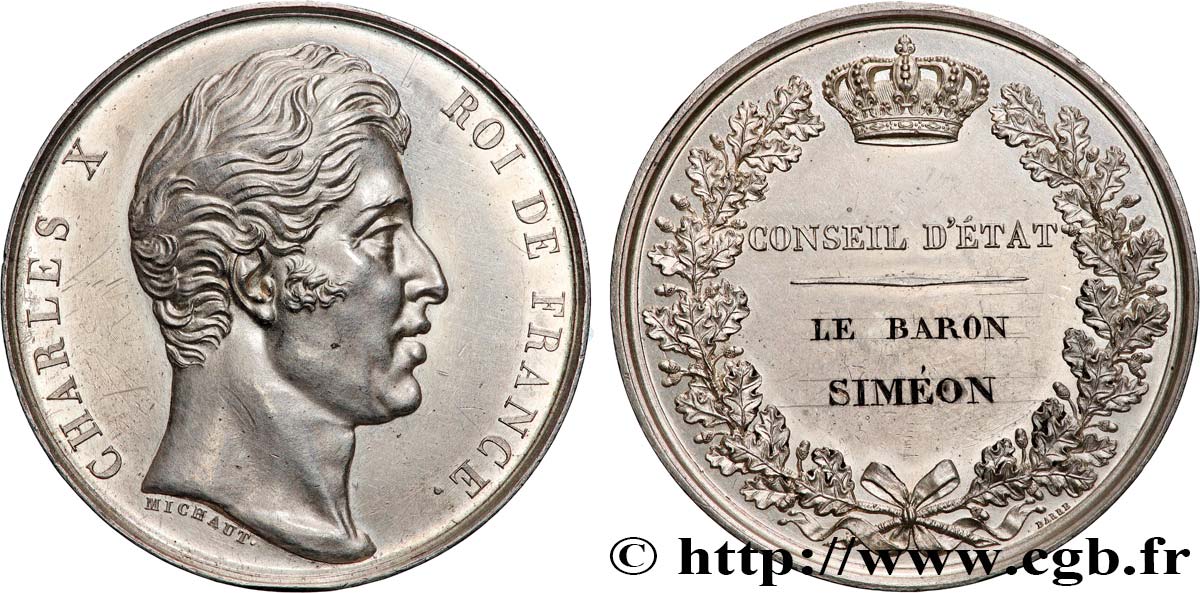
 Report a mistake
Report a mistake Print the page
Print the page Share my selection
Share my selection Ask a question
Ask a question Consign / sell
Consign / sell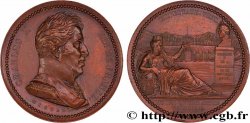
 Full data
Full data
